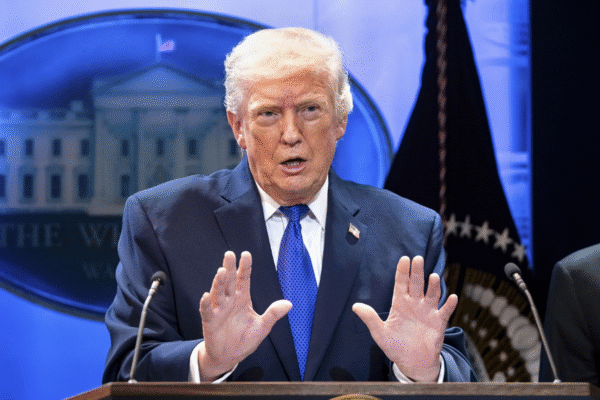

Pahalgam Attack Exposes Flaws in India’s Terror Diplomacy
By Gyaneshwar Dayal, September1,2025
The Pahalgam attack became a litmus test for India’s terror diplomacy. The SCO’s condemnation offered rare international support—even amid its internal disagreements. However, the government’s message of zero tolerance for double standards stakes India’s moral stand. Yet, it’s diplomatic flexibility, especially with China, invites criticism and risks diluting credibility. For India, leadership now lies in aligning its rhetoric with consistent global practice.

SCO Statement Praised, But Comes with Caveats
The SCO condemns the Pahalgam attack in a forceful statement. Leaders called it a “barbaric strike on innocents” and demanded justice. Member states stood by India—but notably didn’t name Pakistan, the alleged base for the terrorists. That omission highlighted deep divisions in the bloc. Still, the unified message offered India rare diplomatic cover.
Modi’s “No Double Standards” Call Resonates
At the SCO summit in Tianjin, PM Modi seized the moment. congress-questions-modi-china-visit-galwan-martyrs He framed the Pahalgam tragedy as a universal human challenge. He called for a global fight against terror, citing the attack to amplify his warning: no double standards on terrorism. His words resonated deeply, especially with Pakistan’s prime minister present. Yet, Modi’s earlier warmth with Chinese leaders raised brows and exposed contradiction. Critics questioned whether diplomacy came at the cost of moral clarity.
Moral Clarity vs. Pragmatism: A Tense Balance
India now faces a complex test. The SCO statement and Modi’s sharp stance bolster its credibility. But critics say Modi’s cordial gestures abroad muddy the message. Observers ask: can India genuinely expect a terror-free world while showing flexibility with known adversaries?
Echoes of this tension appeared when India refused to sign a joint communiqué in a prior SCO meeting. The statement omitted Pahalgam but referenced Balochistan. India saw that as a misleading equivalence and chose principle over protocol.
Why This Matters
The Pahalgam attack tested India’s leadership. Beneath mourning and solidarity, diplomacy showed its limits. India’s firm rhetoric declared that terrorism knows no exceptions. Now the challenge is sustaining that stance—especially when dealing with nations whose positions conflict with national memory.
India must strive not just to condemn terror, but to lead through example. Moral consistency, even in high-stakes diplomacy, can restore trust and credibility.

NewsHasghag operates a 24/7 news bureau that tracks the real-time, social media-driven stories from India and around the world, keeping you ahead of the day’s key talking points. Our digital-first approach transforms storytelling through the seamless integration of data, interactive charts, video, and audio into every narrative









